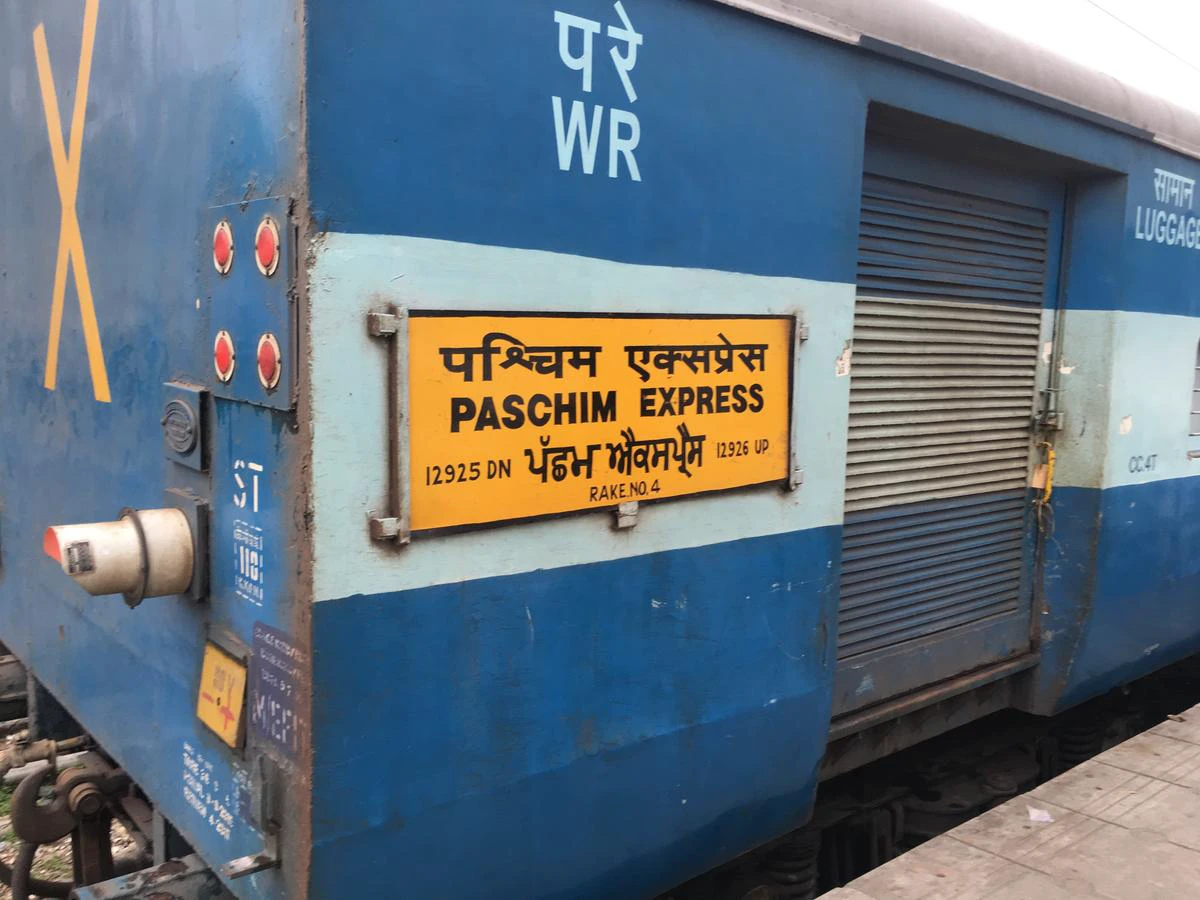IN Punjab’s rail history, a name echoes with nostalgia – the Bau train. It was a moniker given to any train that connected sarkari babus in Punjab to the places of their posting.
But besides the babus, these trains were a trusted lifeline for all kinds of commuters and almost anyone who had to be somewhere daily, including the ubiquitous mendicants and transgenders, whose livelihoods depended on it.
I had the chance to commute on the Paschim Express, which was one of these Bau trains, for several years – first as a child with my mother and uncle, from Amritsar to Ludhiana, for the treatment of a head injury, and then as a student intern to Jalandhar. Bau trains comprised long-distance and daily shuttles, ferrying officegoers, businessmen and others reliably between 6:45 am and 9 pm. Some coaches were earmarked for commuters.
These trains owed their peculiar name to Bau Train, a hit Pakistani TV serial of the 1980s. Bau is a colloquial Punjabi term for government servants (babus). The serial was about ordinary people becoming each other’s anchor in a shared space. Viewers in Indian Punjab saw how bonds sprouted amid anonymity. Bau Train focused on commuters who transformed a mundane journey into a tapestry of friendships.
These trains adopted the name as a homage to life imitating art – a reminder that, even in transit, humans still curate a sense of belonging. The commuters had monthly passes, while the occasional ones were required to buy tickets. Nevertheless, as strangers boarded and interacted, these locomotives became a mobile mohalla. In just a few sojourns, the unacquainted became faces you would miss if absent.
And just like the serial’s characters, who wove bonds over shared struggles, these trains lived a real-life drama of connection. Every morning, the same crowd assembled at platforms – briefcases stacked, newspapers folded, chai in flasks. What seemed routine soon felt familial. A junior accountant would help an elderly neighbour correct a pension form; a teacher would share shortcuts for a promotion exam with a hesitant colleague.
Babus from various departments bonded with businessmen they had befriended over the years, over a game of cards, on the evening run. No introductions were needed; no goodbyes were required. A delayed train? Chai flowed, jokes flew and delayed deadlines or a difficult boss became a collective problem. A forgotten lunchbox? Someone was always willing to share theirs. A Sardarji would regale everyone with his melodious renditions of Mohammed Rafi.
The Bau train was more than just a commute; it was a social contract. Hierarchies dissolved and empathy flowed. But as with all good things, the train’s charm now feels like a relic. Today’s trains are faster, Wi-Fi-enabled and emptier of chatter. Passengers scroll solo, headphones on, as cities rush past windows. Ask an old commuter over chai: he/she smiles, remembering how strangers became friends on those steel threads.
In reimagining public spaces, let’s preserve the cracks where humanity seeps in. After all, the best journeys aren’t about destinations – they are about the people we meet en route.
